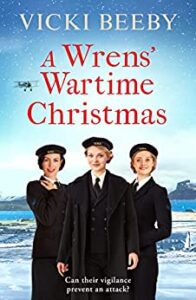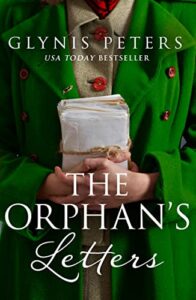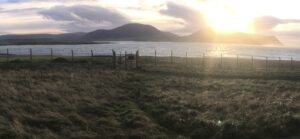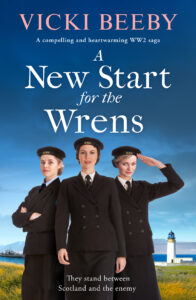The Girls of Bomber Command by Vicki Beeby
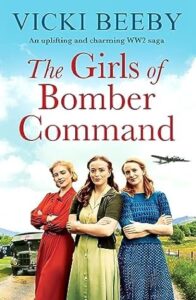 Vicki Beeby has done it again!
Vicki Beeby has done it again!
I enjoyed her last two WW2 series about The Ops Room Girls and The Wrens, but I loved the first in this new series about The Girls of Bomber Command.
A poignant subject, Beeby comments in her notes that the RAF Bomber Command had one of the highest casualty rates of any Allied unit during the Second World War and yet the author manages to portray this sensitively in a very enthralling read.
I loved Pearl, who reminded me of myself as she tries to look after her younger sister and strives to find her own place in the world whilst staying true to her aspirations. Greg has to deal daily with the thought that he might not survive the next bombing mission and that colours how he lives his life.
The author’s notes on the research undertaken to inspire and also to make this story authentic were fascinating.
I can’t wait for the next book in the series.
Wild Hope by Donna Ashworth
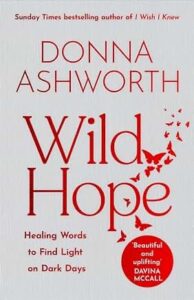 I cannot speak too highly of this volume of poetry. Comfort in troubled times and wisdom for everyday living.
I cannot speak too highly of this volume of poetry. Comfort in troubled times and wisdom for everyday living.
Having seen a social media video of the author using the volume as an oracle, I now open this book daily at random and the results have never ceased to surprise me. I have my favourite poems of course but each page has the ability to touch my heart and often to produce tears.
I don’t think I have ever read a volume of poetry so often. Wonderful.
The Paris Affair by Victoria Cornwall
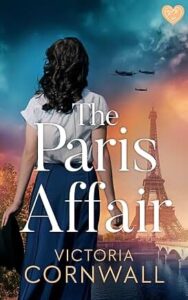 I really enjoyed this book and felt as if I was actually Charlotte, the heroine as she negotiated the sadness, excitements and uncertainties of her life and relationship with Pierre.
I really enjoyed this book and felt as if I was actually Charlotte, the heroine as she negotiated the sadness, excitements and uncertainties of her life and relationship with Pierre.
The Parisian scenes, particularly the characters’ visit to The Sacre Coeur took me right back to a long ago visit to Paris.
Victoria Cornwall is a skilled storyteller who makes you care about her characters and root for them as they tackle dangers and challenges.
I have always wondered how I would have coped in times of war and hope that I would step up to the challenge of helping with the war effort just as Charlotte, Pierre and their colleagues did in the book.
A thoroughly enjoyable read that made me reflect on the war experiences of members of my family.
The Lost Heir by Jane Cable
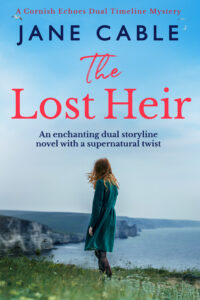 Jane Cable captures the time of the Covid era lockdowns, which caused many people to re-evaluate their lives and make changes, as does the modern day character of Carla in The Lost Heir. As a family historian myself, I enjoyed the research Carla and Mani’s research adventures. I liked the present day story, even though I wasn’t sure I wanted to read about Covid times when I started reading the book, and would really like to know more about what happened to these characters after the end of this story.
Jane Cable captures the time of the Covid era lockdowns, which caused many people to re-evaluate their lives and make changes, as does the modern day character of Carla in The Lost Heir. As a family historian myself, I enjoyed the research Carla and Mani’s research adventures. I liked the present day story, even though I wasn’t sure I wanted to read about Covid times when I started reading the book, and would really like to know more about what happened to these characters after the end of this story.
Franny in the historical story, with her different way of seeing the world and her companion, Harriet, is a very complex character. I loved the secrets and risks surrounding William.
Loved the fact that Carla had inherited her grandmother’s skills for seeing auras and presences. Fascinating to read in the notes to the book about the inspiration for the story and the research done by the author.
All in all, a great read.


